While the offices of large corporations may look serene on the surface, underneath they are struggling to adapt. Workers are fed up with rigid, hostile workplace structures. What will a workplace adapted to the opportunities and challenges of the new world of work look like? Jeremy Myerson and Philip Ross analyze the shifting role of the office since the early 20th century, and speculate on its ongoing evolution. This part-historical, part-exploratory study will appeal to anyone preparing for the future of the workplace, either as a user or provider of the office as a service.
The modern office came into being over 100 years ago, as an extension of the factory floor.
Traditional offices employ large workforces with no autonomy, overseen by managers who control all aspects of the work process.
Engineer Frederick Taylor introduced the concept of workflow into the white-collar workplace. His 1911 The Principles of Scientific Management became hugely influential. For Taylor, productivity derived from measuring human performance and rooting out defective systems to increase efficiency. He opposed unions and believed workers required constant surveillance to stay on task. He invented the organizational diagram, or “org chart,” and promoted the influential metaphor of the workplace as a machine.
Office design followed suit. Architect Frank Lloyd Wright’s Johnson Wax Building, begun in 1936, incarnated Taylor’s ideas. It featured large, uniform building plans enabling large-scale efficiency and strict hierarchy, with subordinate workers in central open spaces for easy supervision and managers in private offices.
Backlash against the machine-inspired modern...
Jeremy Myerson is Professor Emeritus at the Royal College of Art in London, and futurist Philip Ross, current CEO of Ungroup, founded Cordless and the Worktech Academy. Together, they wrote three books: The Creative Office; The 21st Century Office; and Space to Work: New Office Design.










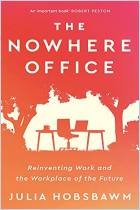
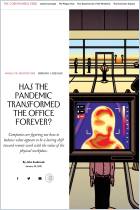
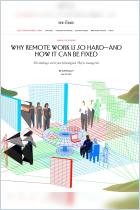
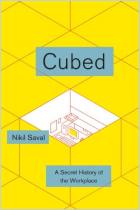
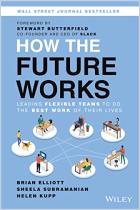
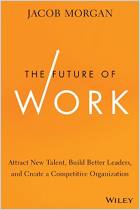







Comment on this summary or 开始讨论